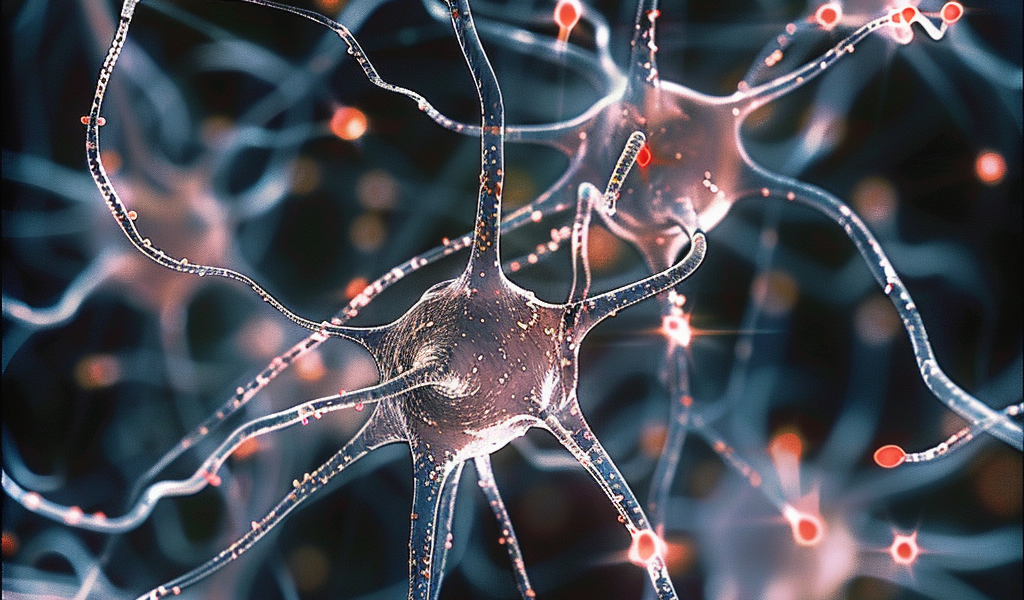The latest research in neuroscience sheds light on how the brain’s response to oxygen deprivation can hinder memory formation. Scientists have discovered a feedback loop involving glutamate and nitric oxide that leads to anoxia-induced long-term potentiation (aLTP), disrupting the brain’s normal memory-enhancing mechanisms. This finding may offer new insights into addressing memory problems in stroke patients.
Long-term potentiation (LTP) is a crucial process in learning and memory, where connections between neurons strengthen with repeated communication. However, anoxia-induced LTP (aLTP) occurs during temporary oxygen deprivation, impeding the brain’s ability to learn and remember effectively. Researchers from the Okinawa Institute of Science and Technology (OIST) have delved into the mechanisms behind aLTP, revealing the role of glutamate and nitric oxide in sustaining this detrimental process.
Published in iScience, the study highlights how glutamate triggers nitric oxide production in neurons and brain blood vessels, creating a feedback loop that perpetuates aLTP. This continuous presence of aLTP interferes with the brain’s memory consolidation processes, potentially explaining memory deficits observed in stroke survivors.
When the brain experiences low oxygen levels, neurons release excess glutamate, leading to the production of nitric oxide. This NO production further enhances glutamate release during aLTP, forming a detrimental glutamate-NO-glutamate loop that persists even after oxygen levels normalize. Dr. Han-Ying Wang, the lead author of the study, emphasized the significance of understanding how oxygen depletion impacts the brain’s functioning and memory processes.
Amnesia, characterized by the loss of recent memories, can occur during a stroke when the brain is deprived of oxygen. The intricate interplay between glutamate and nitric oxide elucidated in this study provides valuable insights into the mechanisms underlying memory impairments post-stroke. By disrupting the glutamate-NO feedback loop associated with aLTP, researchers aim to restore normal memory function in individuals affected by oxygen deprivation events.





